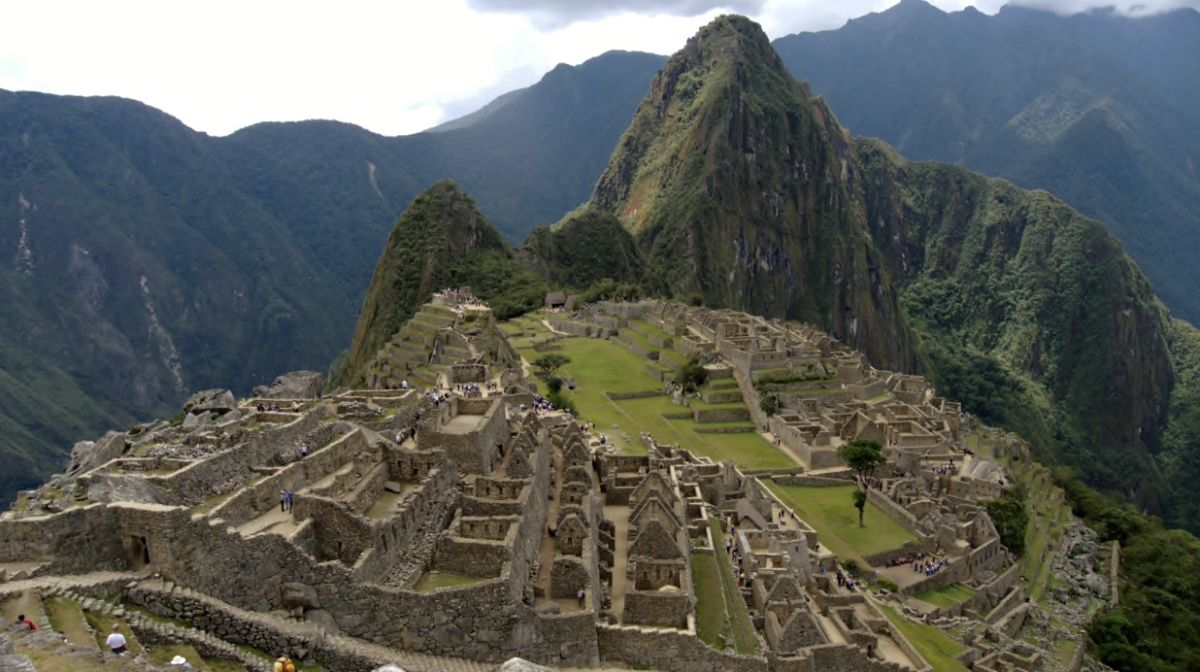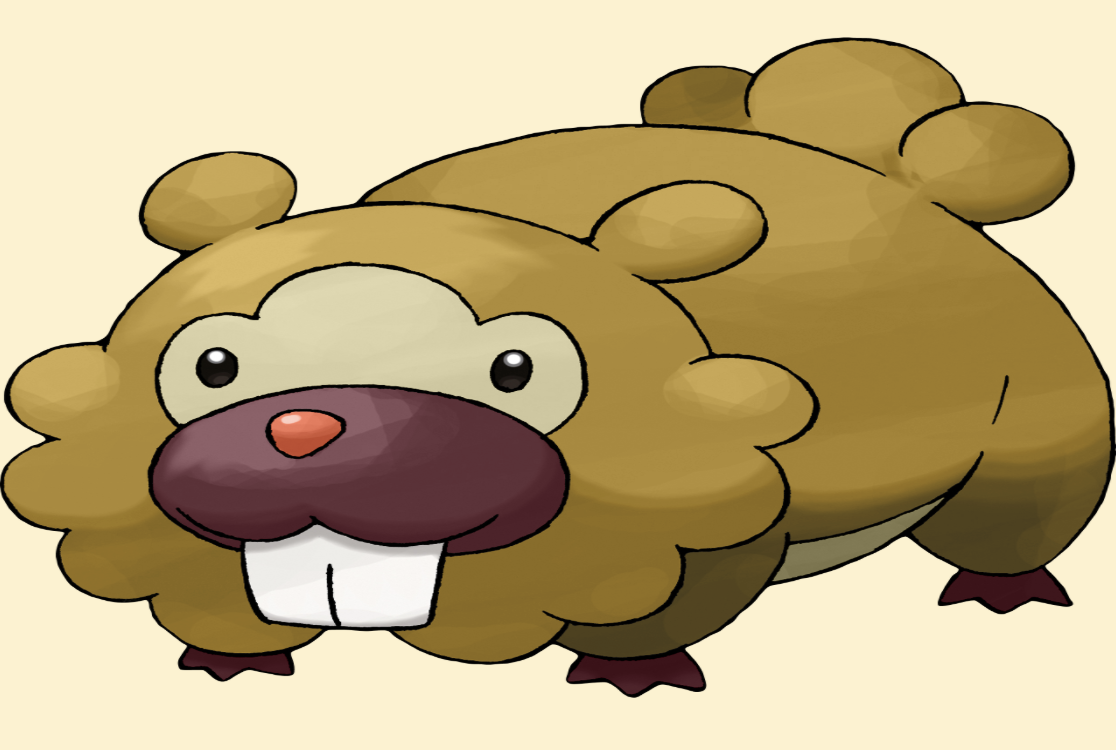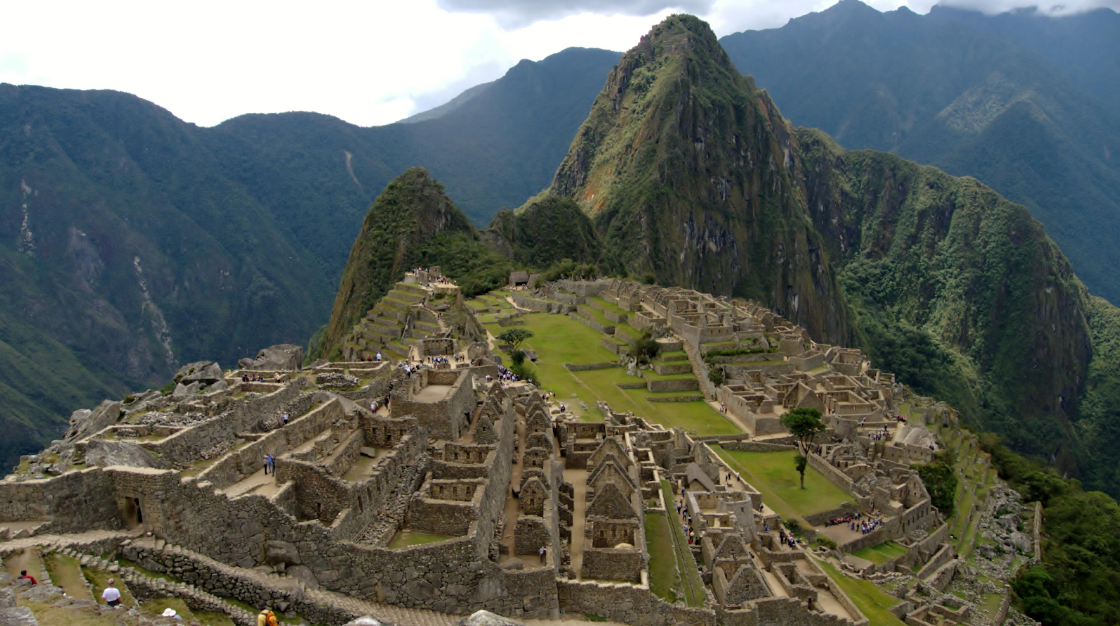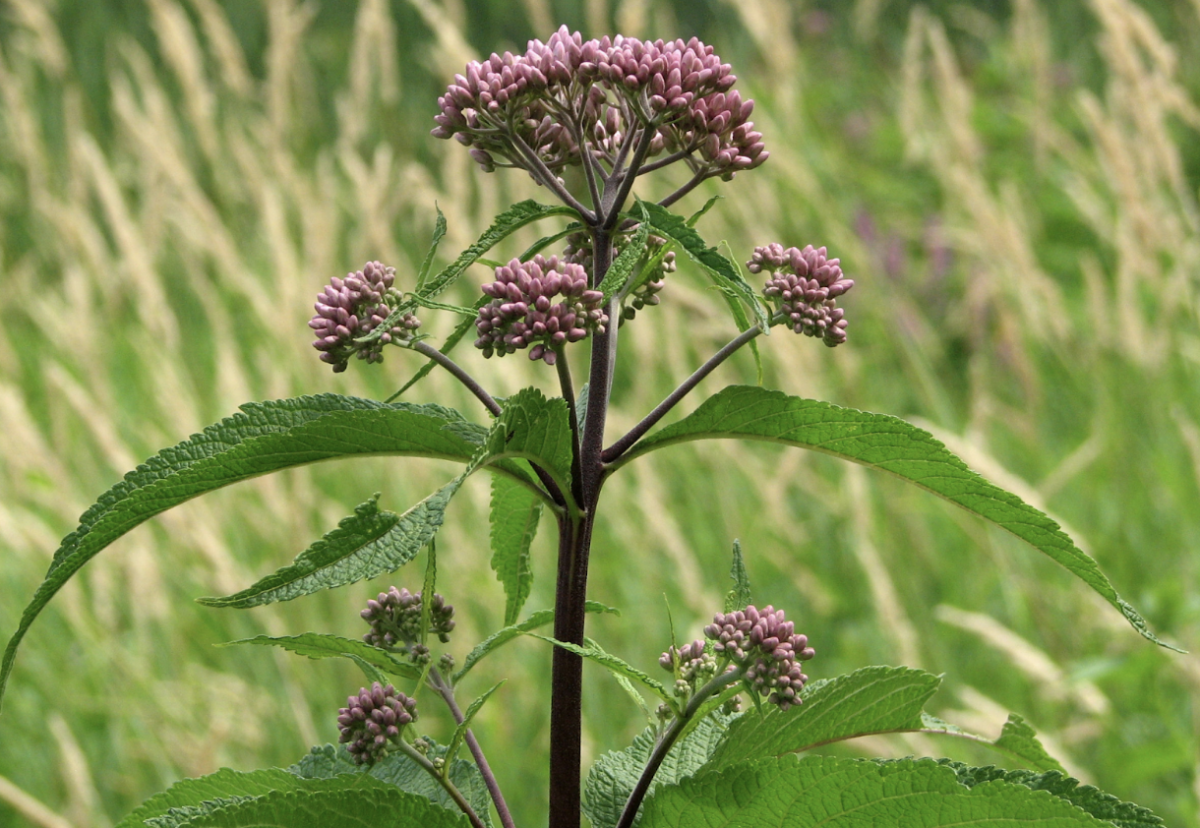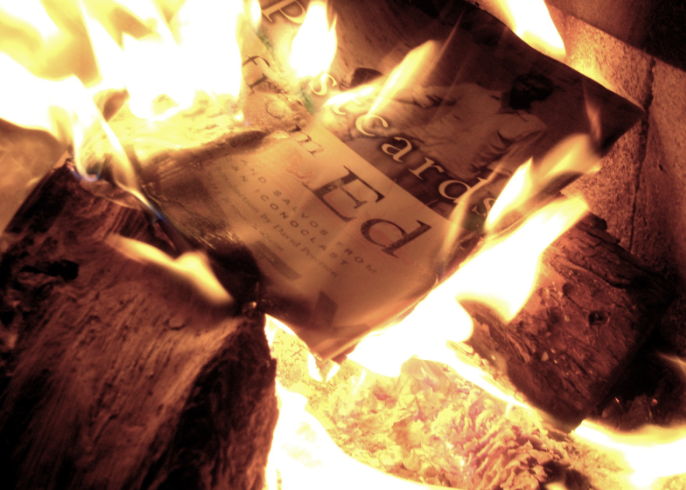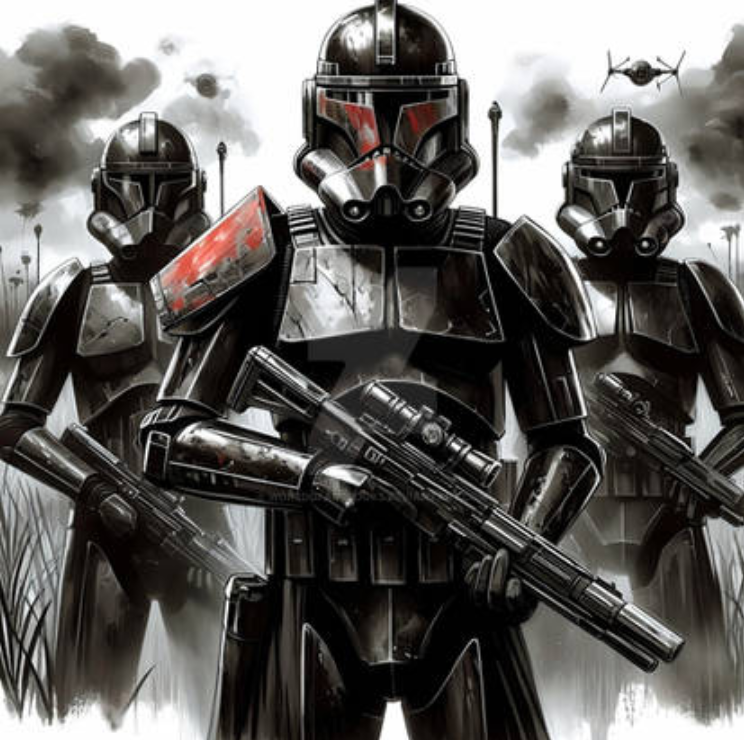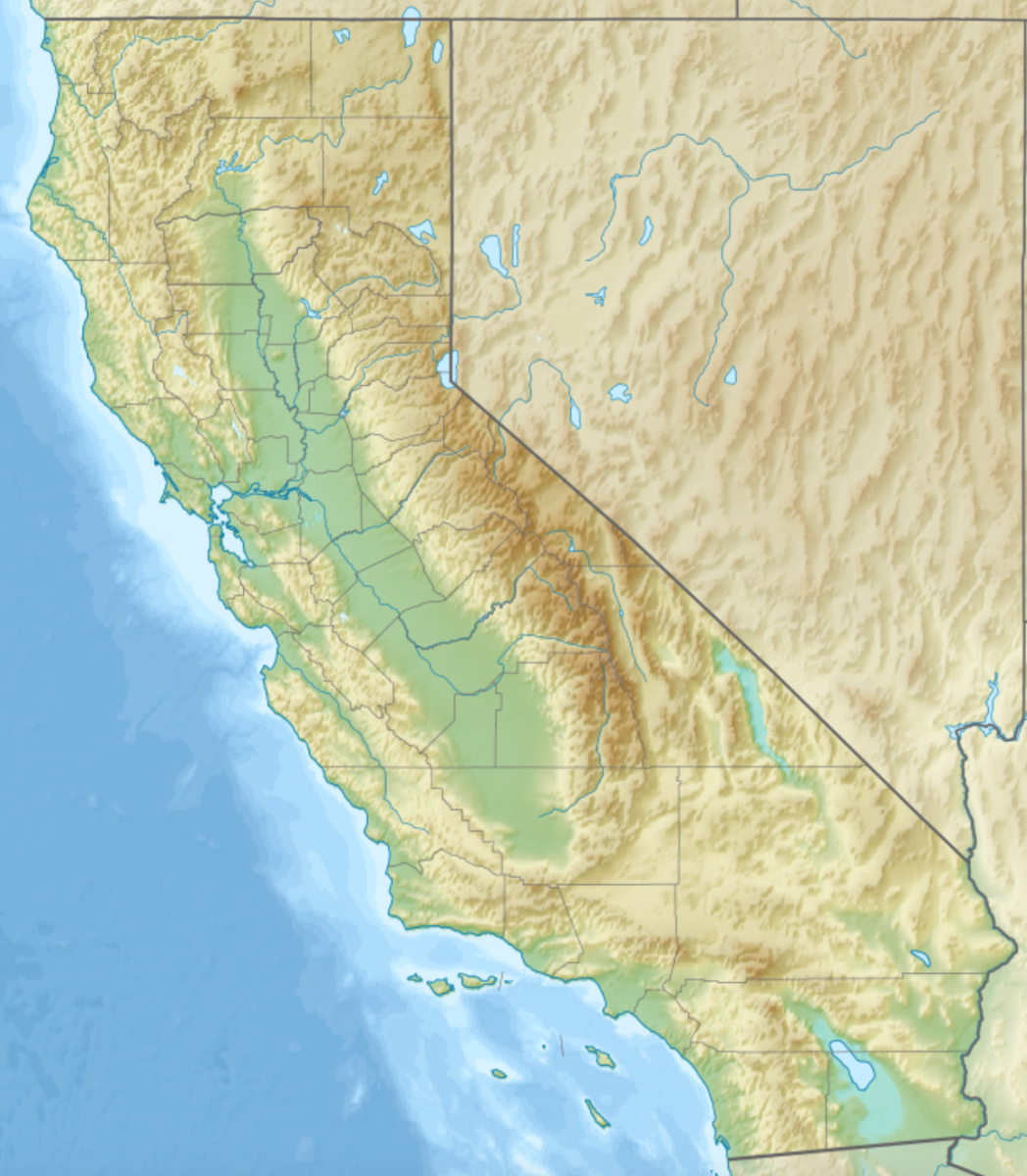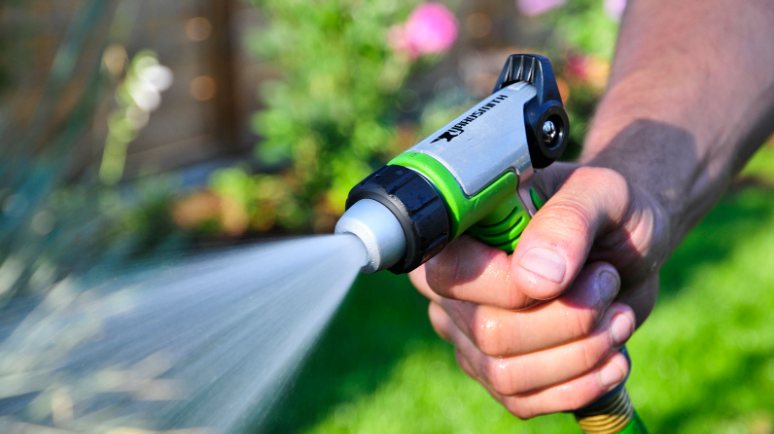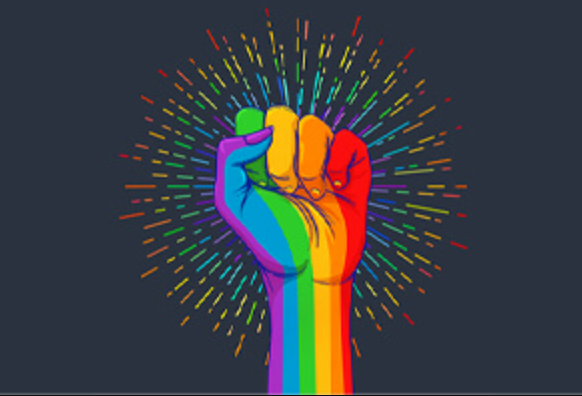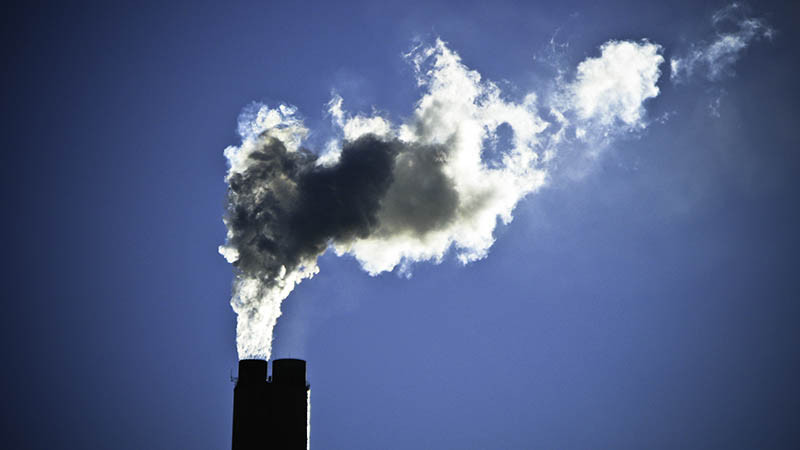You might know what climate change and global warming are broadly; and it is probably something along the lines of the Earth is getting hotter and is causing extreme weather. But people may or may not truly know the science behind climate change or other important facts about it. First of all, carbon is an element, necessary to many plants and animals, that exists in many different forms. Climate Change is the long-term change in average weather patterns since pre – industrial periods. Carbon is put into the atmosphere by processes like respiration, where CO2 is released by plants and animals, decomposition, which is the breaking down of dead organisms that releases stored CO2, and combustion, which is the burning of fossil fuels by people. Combustion is the worst of these processes, as it is the most damaging to the atmosphere. Fossil fuels are composed of dead organisms from the past or fossils that experience intensive heat and pressure for a long period of time. For example, coal, oil, and natural gas are fossil fuels that are being burned and combusted by cars, people, and factories to release CO2 and other greenhouse gasses into the atmosphere with the purpose of generating energy and fuelling many human processes. These greenhouse gasses create a blanket around the Earth. As we release CO2 into the atmosphere through burning of fossil fuels to make electricity, power gasoline cars, and example. The continuous release of CO2 and greenhouse gasses is thickening this blanket of gases, which holds more energy in the atmosphere, trapping more heat in the system, thereby increasing the Earth’s average temperatures. As a result of climate change, we see the consequences of increased hurricanes, heatwaves, wildfires, droughts, floods, and precipitation, etc.
Climate Change affects humans, plants, animals, and oceans in various negative ways. We have seen the effects of climate change increasingly in past years, from Hurricane Ida in Louisiana to heat waves and droughts in Nevada and Arizona to the Dixie Fire in California, which have caused economic damage and many deaths. We are expected to see more natural disasters in greater strength and frequency. Oceans absorb CO2 from the atmosphere, causing a reduction in the PH levels, called ocean acidification, which is harmful for aquatic species in the water. A lot of heat from emissions is absorbed by oceans, leading to the melting of glaciers and the rising of sea levels. Climate Change has caused many species to migrate because of these conditions. Those who can’t adapt to the increasing temperatures die off. Climate Change has also caused shifts in location and lifecycle timing of different animals and plants over time, called the climate shuffle, as well as other phenomena. We have the facts about climate change as well as the solutions to fix it for a while, but we now must implement them. Through collective action by all, we can reduce our carbon footprints, our greenhouse gas emissions, and take on “green” practices, like taking shorter showers, turning off lights when you are not using them, or not eating meat, to put an end to climate change. We must act soon or else face dangerous consequences, like more dangerous and frequent weather events, the extinction of many plants and animals, and the destruction of our planet.
Help with the fight by donating to folks such as the NRDC who are working to fight climate change and improve our environment!









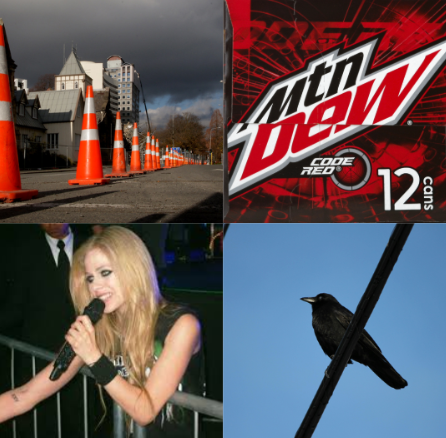







![Teacher [Milk] Tea: Part 2](https://bisvquill.com/wp-content/uploads/2024/03/Screen-Shot-2024-03-19-at-9.28.48-PM.png)










